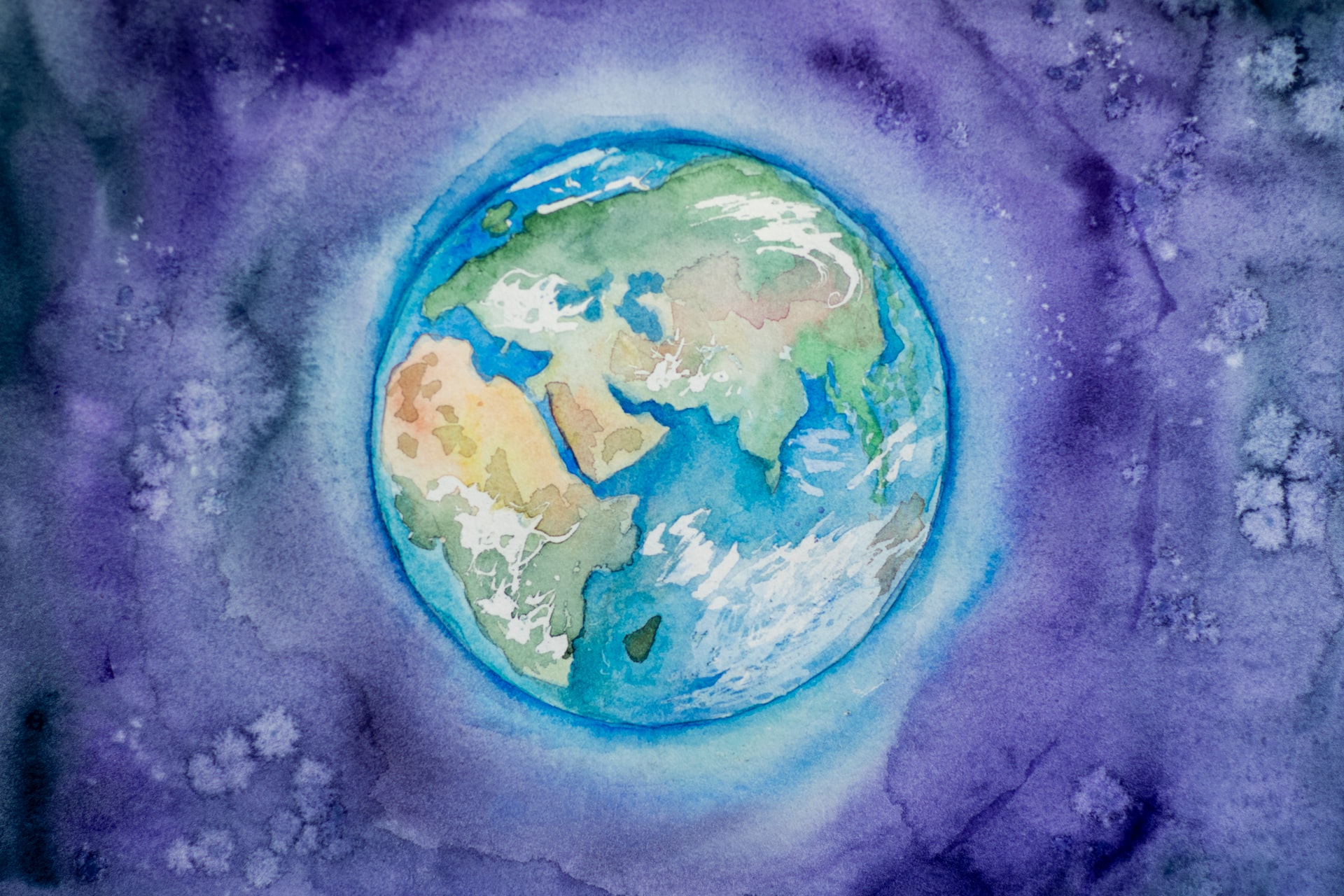By Ella Karnik Hinks
It was the last chance to save the planet- again. The inevitable rhetoric in the lead up to COP26 is neither helpful nor true. The daily struggle by so many activists, organisations and individuals to work towards social justice is inherent in climate justice. We don’t one day give up if we go past the 1.5 degree target, just as we don’t win unless emancipation is at the heart of climate solutions.
My lasting feeling leaving Glasgow for the COP26 summit is a renewed rage for the gross inequality of the climate crisis. We’ve heard it before, but it doesn’t get less true: the people paying the highest price for the effects of a global temperature increase are those that have contributed the least to it. This makes the pretence that COP is an “inclusive” space all the more bitter, because this is not somewhere where all voices are heard equally. With delegates affiliated to the fossil fuel industry making up the largest faction [1] it is easy to see who is directing the conversation. The flagrant inequalities were impossible to overlook, either the multiple barriers faced by people in the Global South to attend in person, whether through costs of travel, visas, accommodation and access to vaccines to name a few, or the physical barriers in place which impeded access to wheelchair users [2]. Unsurprisingly therefore, the prevailing discussions coming out of COP are unimaginative and completely inept to tackle the scope of the issue.
It is hard to know where to start in terms of COP bashing. To touch briefly on one cornerstone of disappointment: the demarcation of loss and damage funds in order to compensate countries in the Global South. The abject failure of governments (with the exception of Scotland) to offer this funding exposes the truth that no amount of greenwashing can cover. Promises to get down to net zero in thirty years are not the issue here. This support is needed today. The problem with countries in the Global North accepting liability and recognising that we owe an historical debt of emissions is that it opens the floodgates of responsibility. When are we going to start paying reparations, and how discerning can our demands be? Without a critical debate on the imperialism, colonialism and drive for profit that has caused the climate crisis, and continues to fuel extractivist mentality to this day, it will be impossible to transition to renewables (given their enormous mineral demand) in a just manner.
Without a strong counter to the dominant growth-oriented paradigm, that accepts the social setting which laid the foundation for this crisis, and a focus on the intersectional gender, class and racial-based injustices, COP remains a failure.
[1] https://www.bbc.co.uk/news/science-environment-59199484
[3] https://www.carbonbrief.org/cop26-key-outcomes-agreed-at-the-un-climate-talks-in-glasgow
[4] https://www.devex.com/news/will-cop-26-mark-the-beginning-of-a-new-era-on-loss-and-damage-102010
[5] https://qz.com/2083493/should-the-us-pay-2-trillion-for-climate-loss-and-damage/

